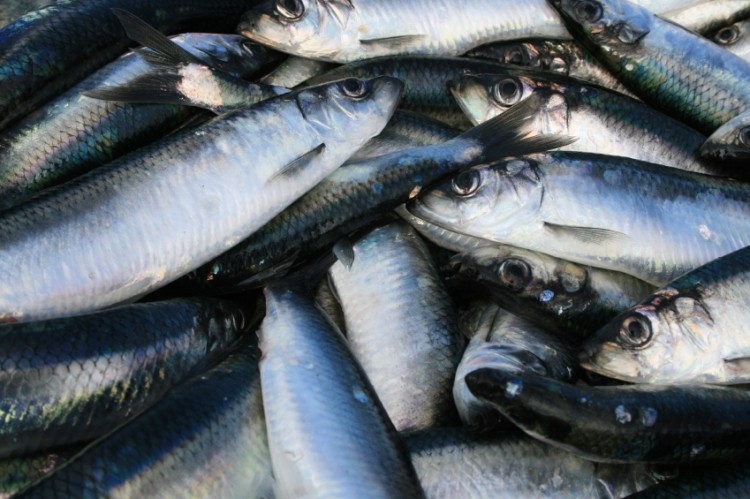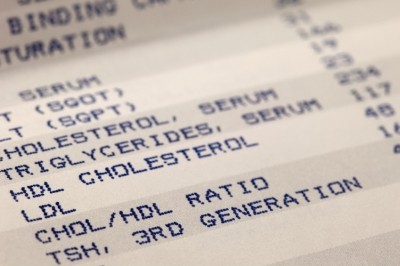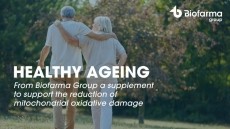Norwegian researchers catch herring's hidden health benefits

Herring has a naturally high content of cetoleic acid, which scientists at Norwegian food research institute Nofima say leads to 10% more omega-3 fatty acids stored in salmon fed with its oil.
This could have human health benefits when consuming farmed fish.
Senior scientist at Nofima Bente Ruyter told NutraIngredients: “The herring oil is produced from by-products which is not used directly for human consumption. The herring as the salmon are both very popular for human consumption. But it is wise to utilize the part of the herring (the by-products), that do not go directly to human consumption, for fish oil production (that can further be used in salmon diets).”
In its statement on the project, Nofima said it was previously unaware of the importance of cetoleic acid, which is also found in sand eels and capelin.
Although the investigation was in its early stages, the researchers believed cetoleic acid could also influence how much omega-3 fatty acids were stored for humans after eating herring.
Something fishy
Salmon were fed either low cetoleic acid sardine oil or high cetoleic acid herring oil for 67 days. The researchers also conducted cell-based experiments on human liver cells.
They found pure cetoleic acid stimulates cells to convert short omega-3 fatty acids to longer chain omega-3 fatty acids.
In salmon, the cetoleic acid added to feed caused the fish to store 10% more EPA (eicosapentaenoic acid) and DHA (docosahexaenoic acid).
Fish oil is an important ingredient in feed given to farmed salmon, and herring oil is a traditional oil used in diets for Atlantic salmon in Norway. South American fish oils have also been used to a large extent in later years, due to their higher content of EPA and DHA. However, this research suggests herring oil results in higher EPA and DHA content than South American sardine oil.
Scientists also saw lower levels of fatty liver in farmed fish fed with herring oil suggesting they had a higher level of fat metabolism, which is good for the salmon.
Bente Ruyter said: “In the human liver cell study, we found an increased capacity in the cells given cetoleic acid to produce EPA and DHA from ALA (alpha-linolenic acid). However, since we do not have results from human intervention study, we cannot say something about the influence on whole body levels of EPA and DHA. The cell trial only gives an indication, we need to conduct a human intervention trial in order to verify the finding.”
The scientists hope to publish the results of their studies by the end of the year.
Commercial potential
Fish meal and oil producer Triple Nine Group has been involved in the project and has been looking at the commercial potential of the new findings.
Ola Flesland, research and development manager for the company, told us they currently get a lower price for North Atlantic fish which have lower omega-3 content than Peruvian species.
“This research could help us to increase the value of our fish oil in the feed market,” he said. “But also for fish oils for human consumption or health food,” which he said would be dependent on further human trials.















